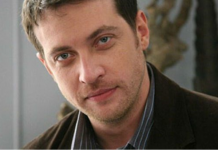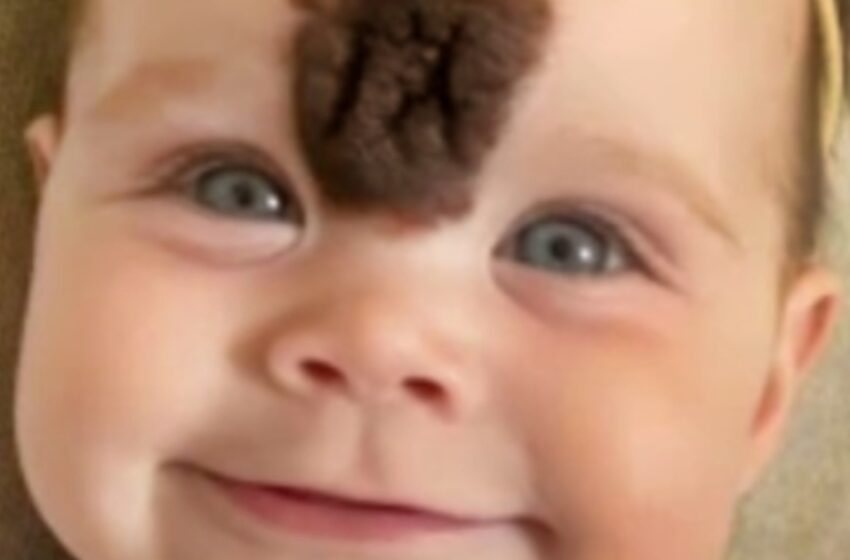 Celine Casey’s daughter, Vienna Shaw, was born with a congenital melanocytic nevus — a rare birthmark that appears in just 1 in 20,000 newborns — located on her forehead. Concerned about the potential social and emotional consequences Vienna might face as she grew older, Casey made the firm decision to have it removed, determined to prevent her daughter from feeling different.
Celine Casey’s daughter, Vienna Shaw, was born with a congenital melanocytic nevus — a rare birthmark that appears in just 1 in 20,000 newborns — located on her forehead. Concerned about the potential social and emotional consequences Vienna might face as she grew older, Casey made the firm decision to have it removed, determined to prevent her daughter from feeling different.
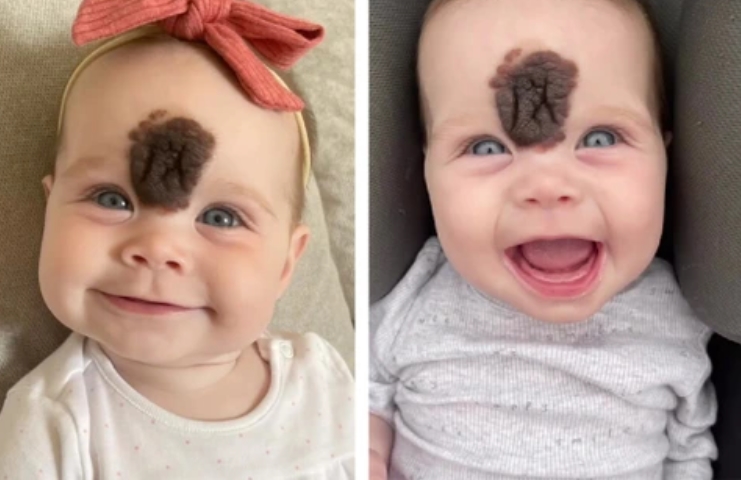 Unfortunately, doctors deemed the removal procedure cosmetic and refused to perform it. This stance sharply contrasted with the parents’ genuine concern about teasing and their daughter’s future mental well-being. However, Vienna’s father, Daniel Brookshaw, took matters into his own hands and managed to raise almost the entire hospital cost within 24 hours.
Unfortunately, doctors deemed the removal procedure cosmetic and refused to perform it. This stance sharply contrasted with the parents’ genuine concern about teasing and their daughter’s future mental well-being. However, Vienna’s father, Daniel Brookshaw, took matters into his own hands and managed to raise almost the entire hospital cost within 24 hours.
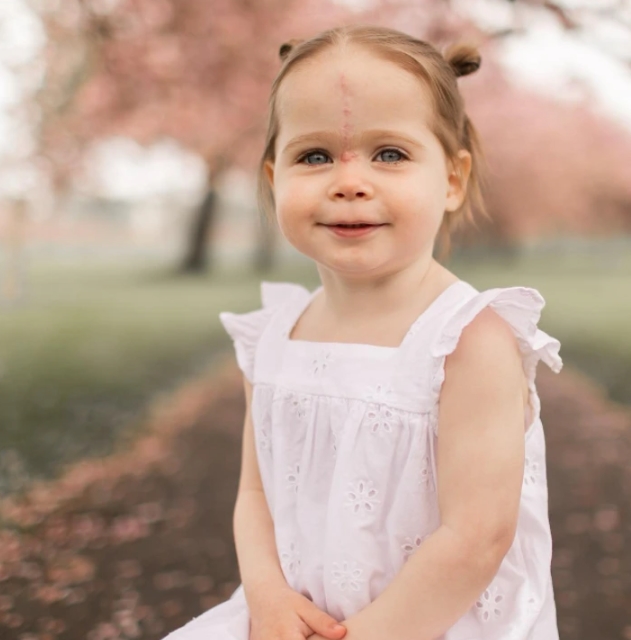 Eventually, at the age of two, Vienna underwent surgery, and the birthmark was successfully removed, leaving only a barely visible scar. Her mother, Celine, regularly shares updates about Vienna’s recovery on social media, and many followers praise the little girl’s beauty.
Eventually, at the age of two, Vienna underwent surgery, and the birthmark was successfully removed, leaving only a barely visible scar. Her mother, Celine, regularly shares updates about Vienna’s recovery on social media, and many followers praise the little girl’s beauty.
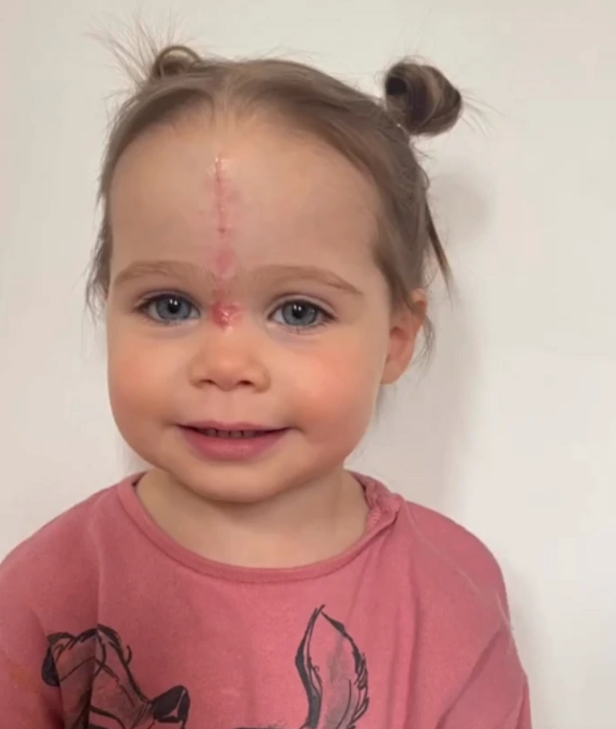 Although the birthmark has been removed, the family continues to attend follow-up appointments to monitor the healing process and determine if additional treatments are necessary.
Although the birthmark has been removed, the family continues to attend follow-up appointments to monitor the healing process and determine if additional treatments are necessary.
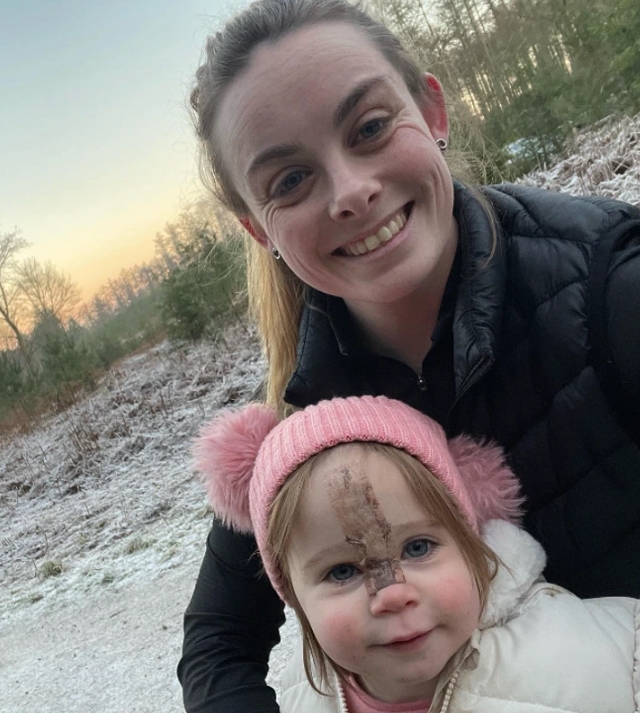 The successful removal of the birthmark marked the culmination of the parents’ determined efforts — yet the case also highlights the ethical debates surrounding such decisions.
The successful removal of the birthmark marked the culmination of the parents’ determined efforts — yet the case also highlights the ethical debates surrounding such decisions.



